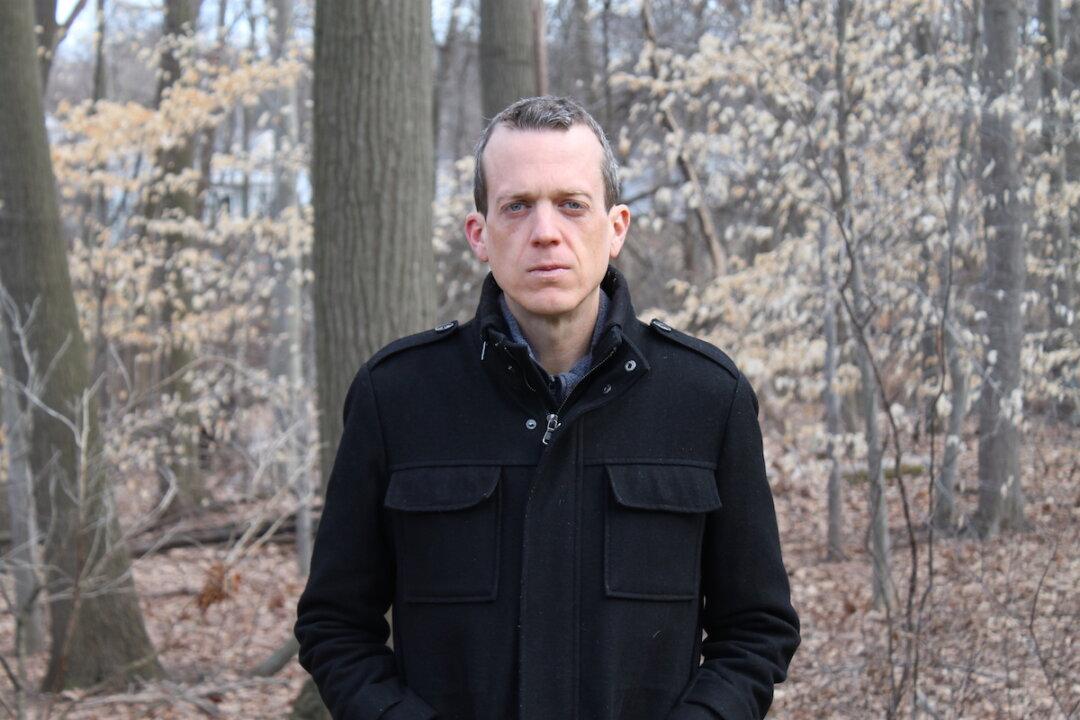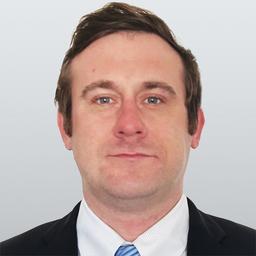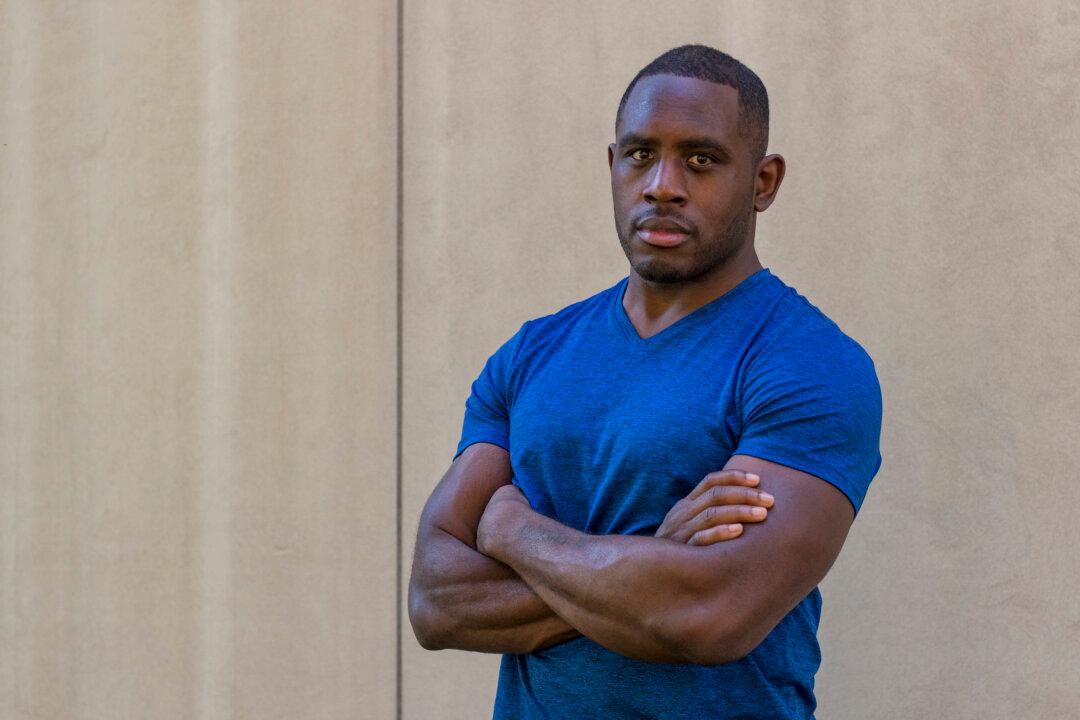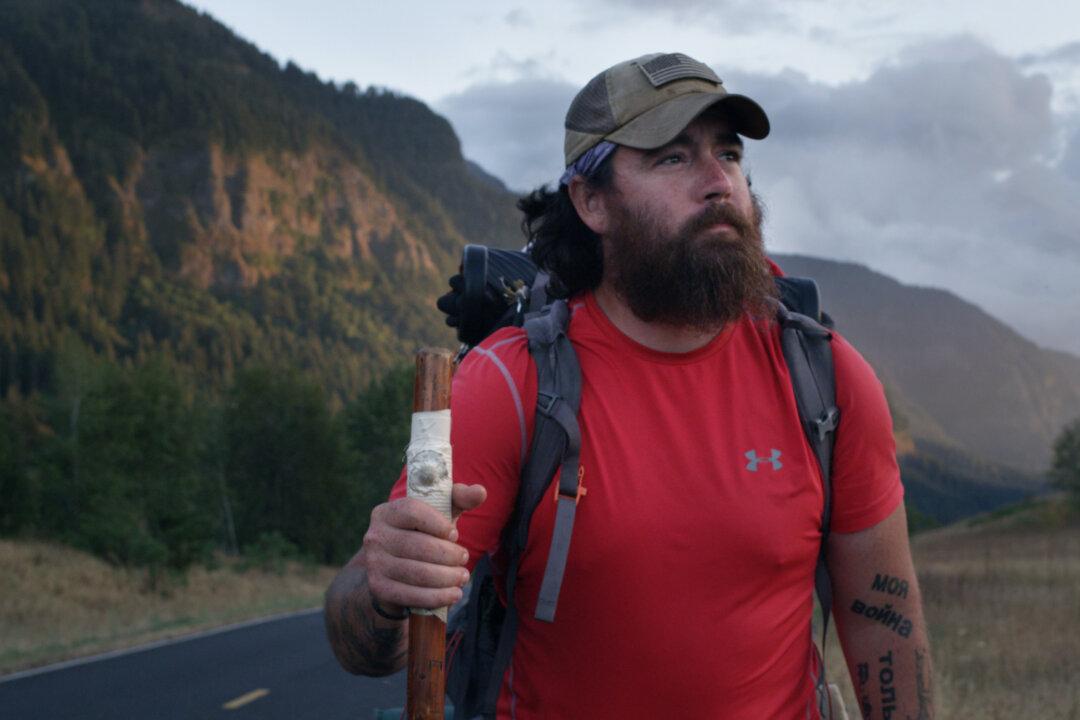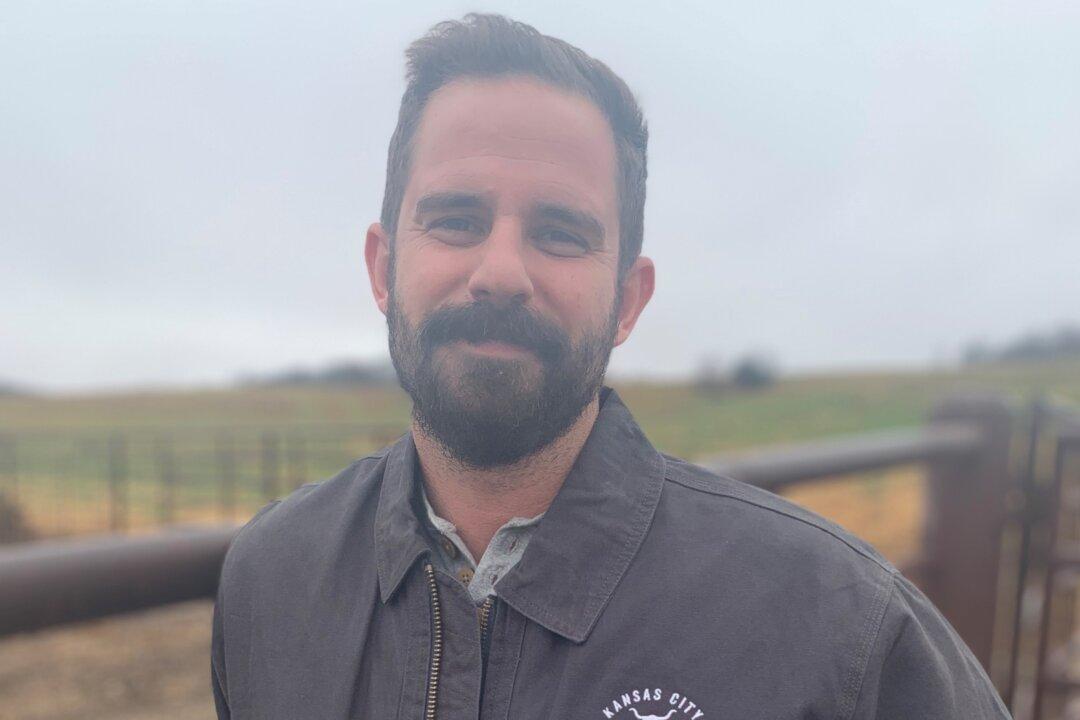Tom Hardin was working as an informant for the FBI, and had been trying to get a stock trader to incriminate himself on tape on 15 different occasions with no success. One Sunday afternoon, the man called Hardin and told him that he wanted to have dinner and that they needed to talk.
Hardin put a wire in his shirt pocket and took a train from Grand Central Station out to Connecticut where the man lived. He met Hardin at the train station, and told him that he had brought swim trunks and that they were going to go swimming at his mother’s house.

